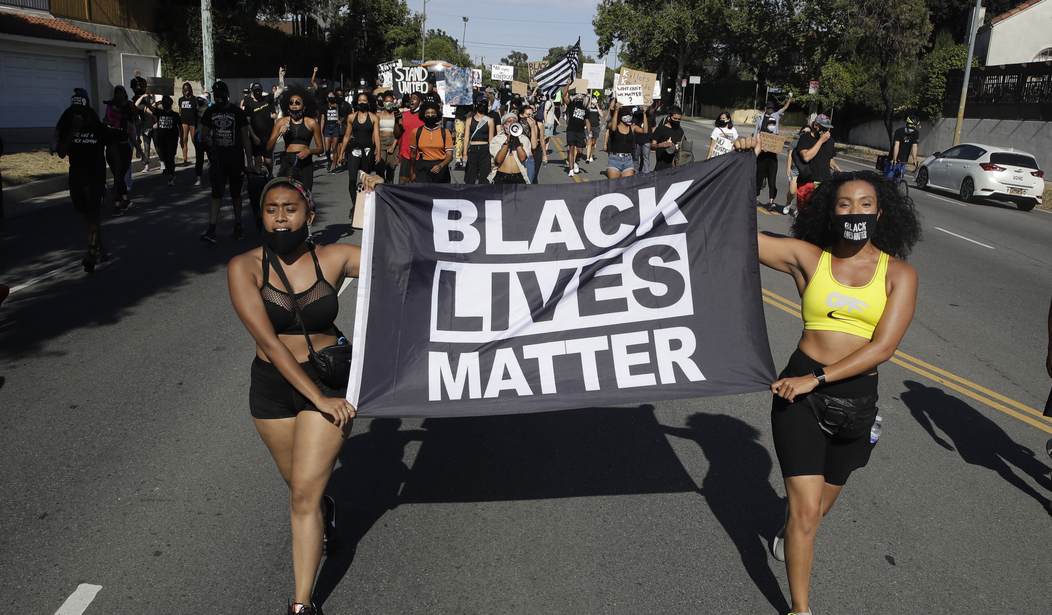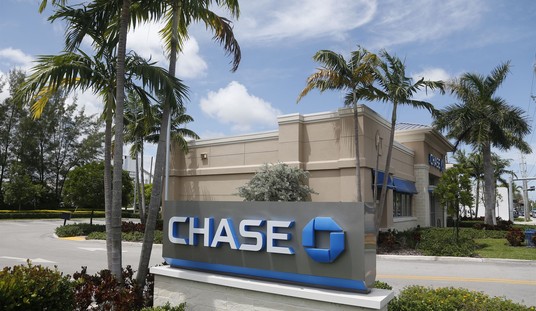Colleges and universities across the nation are contemplating how to handle the Black Lives Matter movement. Most have come to some sort of consensus that they need to make reforms that prop up communities of color. Syracuse University, however, is taking things a step further by punishing students who witness "bias-motivated" instances, including racism, and fail to act.
Below is part of a letter Chief Diversity and Inclusion Officer Keith A. Alford sent to students and faculty in July (emphasis mine):
Today, I am writing to share some of the latest updates to the commitments we made to our students, including those representing #NotAgainSU and our international, Jewish and Indigenous students. I recognize and appreciate all of our students for raising the issues that resulted in these Campus Commitments. These are issues that, now, the entire world is addressing:
- The Code of Student Conduct has been revised, based on your input, to state that violations of the code that are bias-motivated—including conduct motivated by racism—will be punished more severely. The University also revised the code to make clear when bystanders and accomplices can be held accountable. The code will be prepared and distributed for students to sign in the fall.
According to George Washington University Law School Professor and legal expert Jonathan Turley, the vague language can be problematic (emphasis mine):
The school also warned that new cameras were being installed in “first-floor lounges,” “public areas,” and within residency hall elevators. Thus, any student who failed to immediately act would be observed and presumably at risk of being investigated or charged under the new rule.
Courts have long distinguished between malfeasance, misfeasance, and nonfeasance. In Bell v. Josselyn, 69 Mass. (3 Gray) 309, 311 (1855), the court explained “Nonfeasance is the omission of an act which a person ought to do; misfeasance is the improper doing of an act which a person might lawfully do; and malfeasance is the doing of an act which a person ought not to do at all.”). This distinction can be lost in some cases like corporate law or prosecutorial ethics where duties come with a duty to act in a particular fashion.
The concern raised by the Syracuse rule is that there remains controversies over vague universities standards on bias or race motivated violations including microaggressive language or actions. Recently, a student writer at Syracuse was sacked for simply questioning the basis for claims of institutional racism. What is viewed as bias-motivated speech for some is viewed as political speech by others. The new rule would suggest that even students who do not agree that an incident is “bias-motivated” must still act to avoid scrutiny or punishment. Students could feel an obligation to prove that they are not racist by immediately and openly opposing such acts, lest they could be next to be accused.
Turley's concerns are valid. College is supposed to be a place where students are exposed to new ideas and people they otherwise wouldn't get to know. But critical thinking goes out the window when students are afraid to ask questions out of fear of being persecuted.
Not only that but SU's rules are subjective. What might be considered 'bias-motivated racism' might be someone's political opinion. At what point is this suppressing free speech?
Recommended
There's a lot of gray areas here and it's obvious the university is simply trying to appease the rage mob. Sadly, the students are the ones who are going to suffer in the long run. The world isn't this sheltered.

























